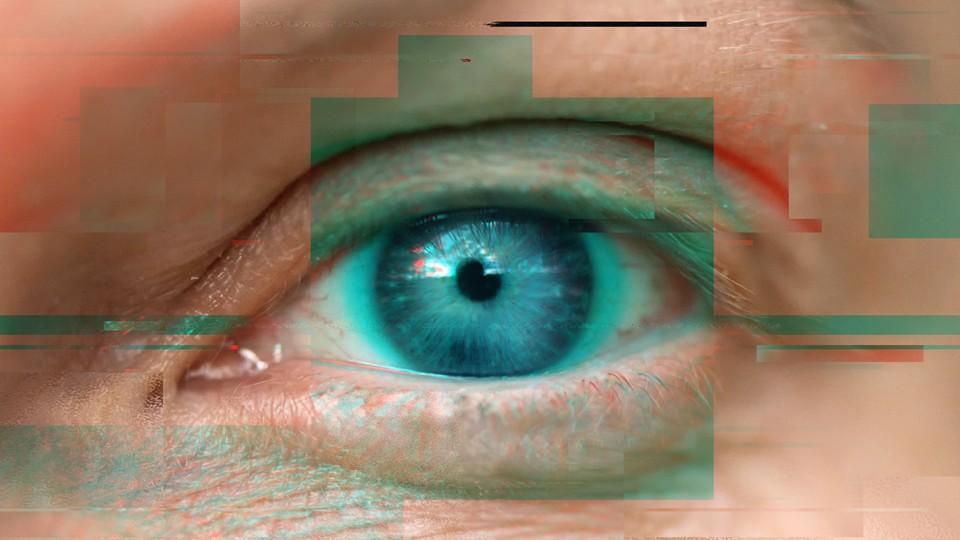Samsung Bioepis' Remicade rival approved in EU

Merck, Sharp and Dohme's (MSD) inflammatory diseases blockbuster Remicade (infliximab) faces further biosimilar competition after Samsung Bioepis' rival, Flixabi, was approved in Europe.
It is the second near-copy of Remicade approved after Celltrion/Hospira's infliximab biosimilar, which is the same molecule marketed under the different brand names of Remsima or Inflectra.
The European Commission has granted approval for Flixabi in all of Remicade's indications in line with a recommendation by the European Medicines Agency's (EMA) CHMP.
The indications are rheumatoid arthritis, Crohn's disease, ulcerative colitis, ankylosing spondylitis, psoriatic arthritis and psoriasis, and patients 6-17 years old with severe, active Crohn's disease or severely active ulcerative colitis.
Samsung Bioepis gave no indication about the price of its drug, but Celltrion's biosimilar is being sold at a considerable discount to the originator across Europe.
Sales of Remicade were down 26% to $349 million in Q1 according to Merck & Co's Q1 figures, after currency fluctuations, because of the impact of the biosimilar competition. Merck & Co markets the drug in Europe as MSD.
Samsung Bioepis, a joint venture between Samsung BioLogics and Biogen, has also had its biosimilar of Amgen/Pfizer's Enbrel (etanercept), called Benepali, approved in Europe.
Both drugs are anti-TNFs and are among a group of biologic drugs that have lost, or are losing, patent protection in Europe and the US over the coming years.
Earlier this year, IMS Health said that health systems in the EU and US could save $110 billion by 2020 by using cheaper biosimilars of these drugs.
The EMA is also reviewing two biosimilars of the world's biggest-selling drug, AbbVie's Humira (adalimumab), for inflammatory diseases, one of which is from Amgen.
There are also two biosimilars of Roche's MabThera (rituximab) filed in Europe, from Celltrion and, most recently, from Novartis' Sandoz unit.
Related stories:












